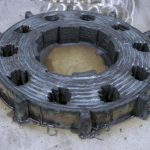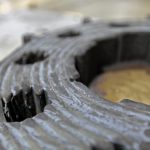Stainless Steel
Print complex metallurgy consistently with ADDere
Stainless steel is an alloy of iron and carbon with a high amount of chromium, which gives it excellent resistance to corrosion and heat. In order to achieve other desirable qualities, it contains components like carbon, nonmetals and metals in addition to the minimum 11% chromium content. The chromium in stainless steel, which creates a passive layer that can shield the metal and self-heal in the presence of oxygen, is what gives the material its resistance to corrosion. Stainless steel is a versatile material that can be tailored to different needs by varying its composition and processing methods. It is also a sustainable material that can be recycled indefinitely without losing its quality or performance.
Typical Applications for Stainless Steel
Numerous applications make use of the shine and corrosion resistance. Plates, bars and tubing can all be made of stainless steel. Cutlery, surgical tools, large appliances, automobile and aerospace frames, construction materials, industrial equipment, water treatment equipment and storage vessels are all examples of these. Having the same biological cleanability as glass, stainless steel is heavily used in pharmaceutical and food processing plants.
Stainless steel is exceptionally useful in medical equipment manufacturing. Stainless steel is biocompatible, which means it does not cause allergic reactions or infections when in contact with human tissue. It also has a smooth surface that prevents bacterial growth and facilitates cleaning and disinfection. It also has high durability and fatigue resistance, which means it can withstand repeated stress and strain without failing. Some examples of stainless steel products in medical equipment manufacturing are surgical instruments, implants, prosthetics, needles, syringes, and dental devices.
Another industry that benefits from stainless steel is chemical and pharmaceutical. Stainless steel is resistant to many corrosive chemicals and can maintain its integrity in harsh environments. It also has good thermal conductivity, which means it can transfer heat efficiently and evenly. This is important for processes that require precise temperature control, such as distillation, crystallization, and sterilization. Some examples of stainless steel products in chemical and pharmaceutical are reactors, vessels, heat exchangers, pumps, tubing, and instruments.
ADDere’s additive manufacturing can streamline the development and production process of large-scale components made from stainless steel. Contact us today and see if your manufacturing operations can benefit from ADDere’s additive manufacturing with stainless steel.
Large Gear
A solid gear made entirely from stainless steel.
Deposition rate: 20 lbs./h
Build time: 10 hours
Material: Stainless Steel
Equipment used: ADDere Custom System
do you want to learn more about ADDere's products and services?
What's going on at ADDere
Latest Blog Posts
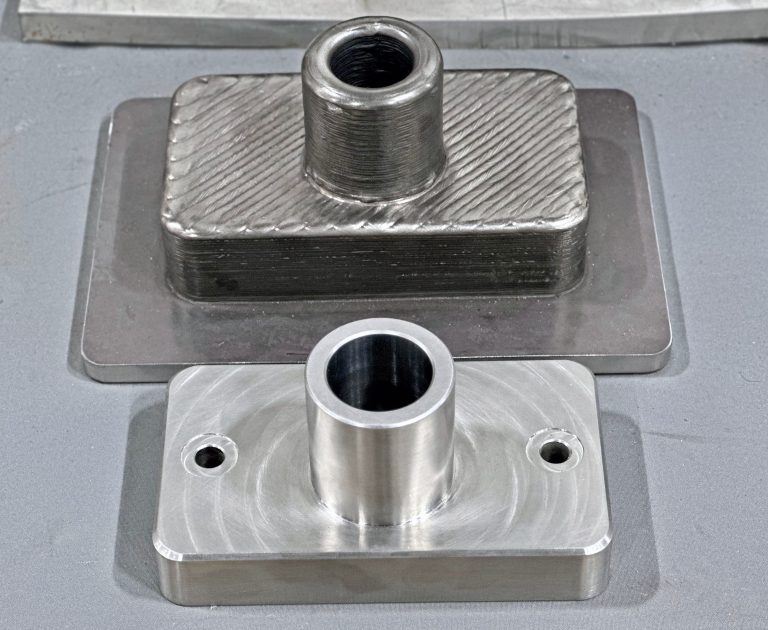
Are 3D Printed Metal Parts Produced with ADDere Strong?
ADDere’s additive manufacturing has revolutionized the production of strong metal-alloy parts, offering unprecedented flexibility and precision. One of the most exciting developments in this field
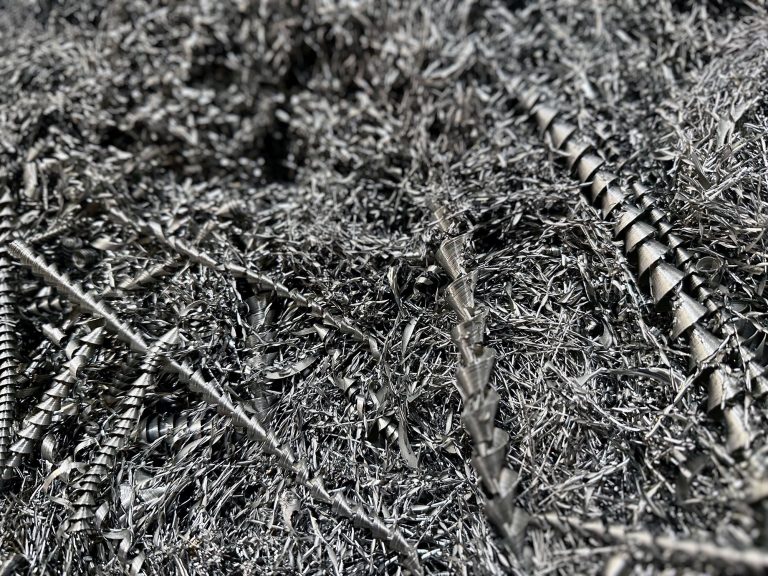
Mitigate Tariffs on Steel by Reshoring Your Manufacturing with ADDere
When it comes to large-scale metal parts manufacturing, ADDere can be a lifesaver for many businesses concerned with high import prices of steel. For decades,

Harnessing ADDere’s Additive Manufacturing Process for Next-Generation Drones
Industrial applications of drones are soaring to new heights in 2025. From utilities and infrastructure inspection to agriculture and defense applications are industries that will
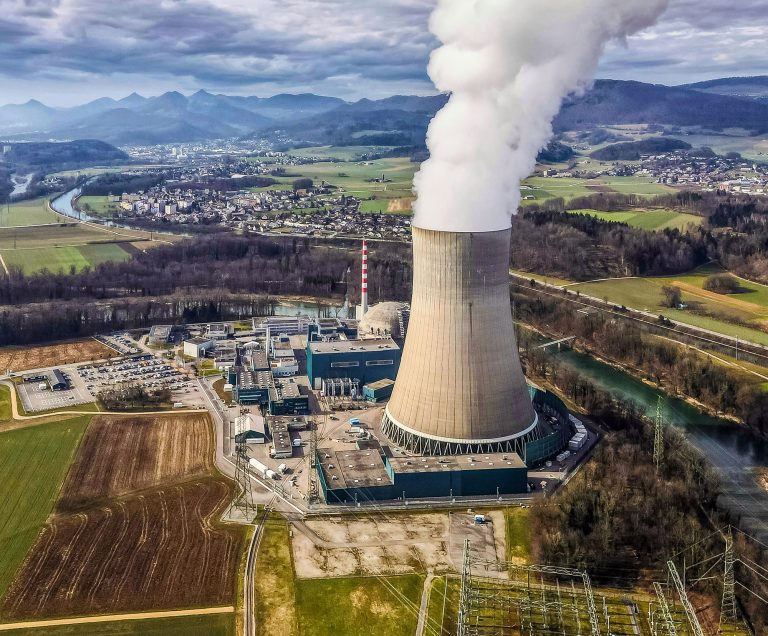
From Concept to Core: How ADDere Transforms Nuclear Reactor Components
Additive manufacturing has been gaining traction in the nuclear energy industry. The development and maintenance of nuclear reactors demand components that meet stringent safety standards
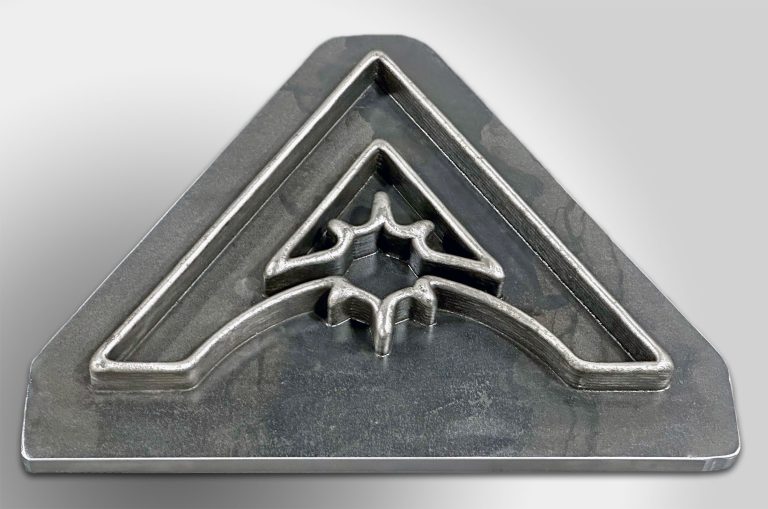
White Paper: The Impact of Additive Manufacturing on Cost, Efficiency & the Future
ADDere’s metal laser-wire additive process is a proven technology for producing complex large-scale metal parts for the defense and aerospace industries. With increasing interest in
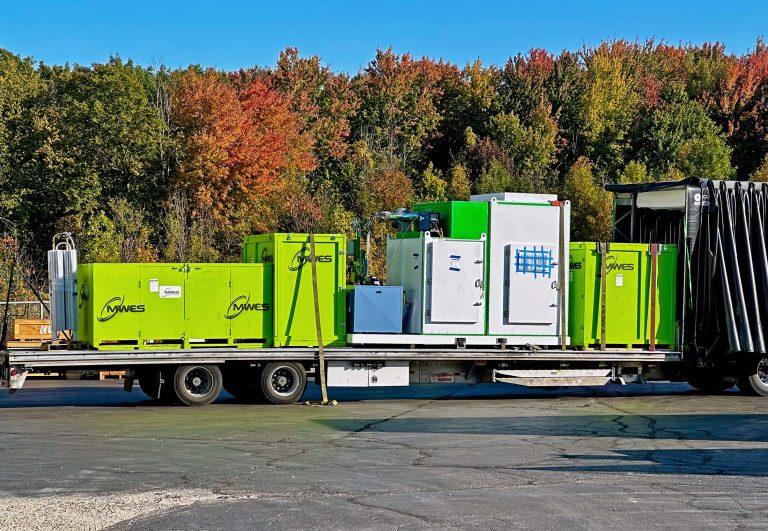
Cost-Benefit Analysis of ADDere’s Additive Manufacturing Process
ADDere’s metal additive manufacturing process has transformed the manufacturing landscape by enabling the production of complex parts with unprecedented precision. Additive manufacturing has evolved from

